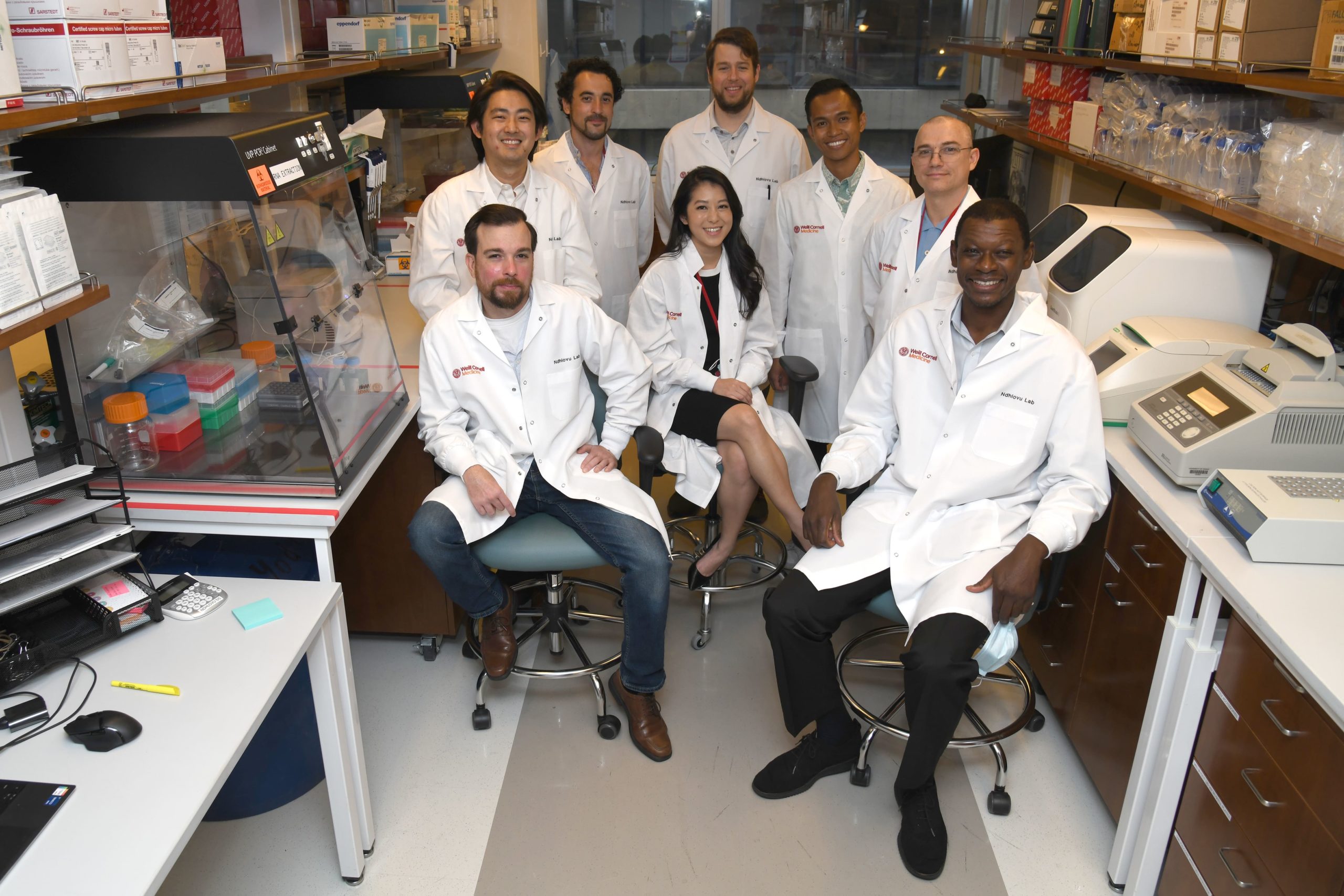
Research Team

 United States
United States  United States
United States  Canada
Canada  United States
United States  United States
United States  Uganda
Uganda  Thailand
Thailand  Brazil
Brazil  Germany
Germany  United States
United States The HOPE Collaboratory is made up of a multidisciplinary and international group of HIV researchers dedicated to developing a cure for HIV.
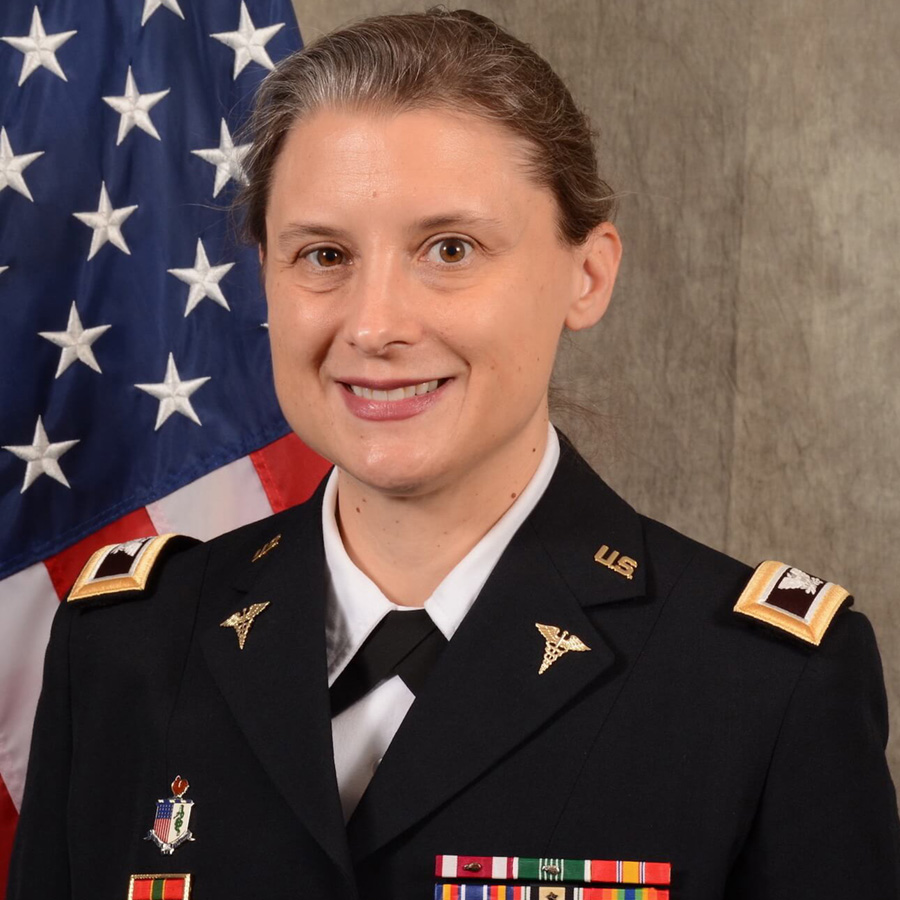
COL Ake will facilitate collaboration with MHRP, including their research team and their clinical cohort studies in the US and Africa.
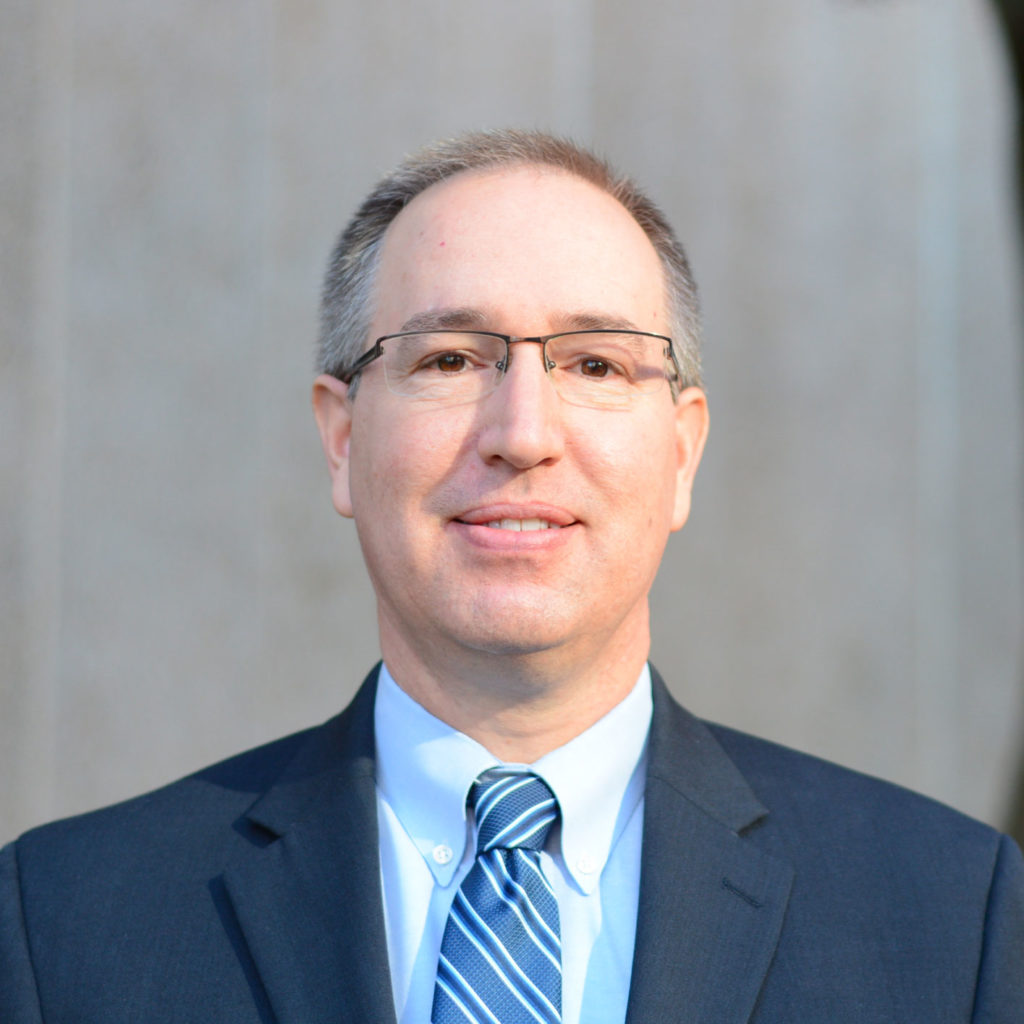
Dr. Agan leads the U.S. Military HIV Natural History Study (NHS) cohort and will collaborate to address topics including control of rebound.
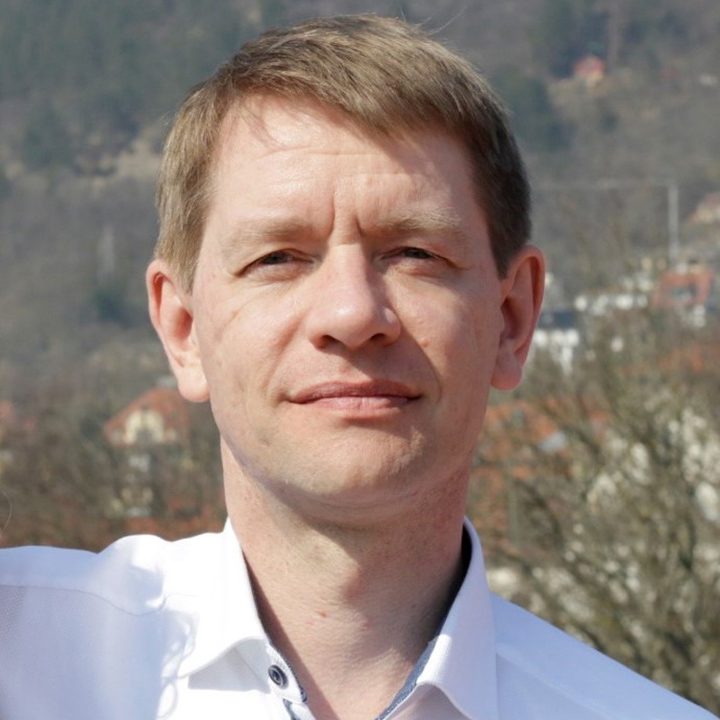
Dr. Chemnitz is working to find a cure to HIV using next generation genome editing methods.
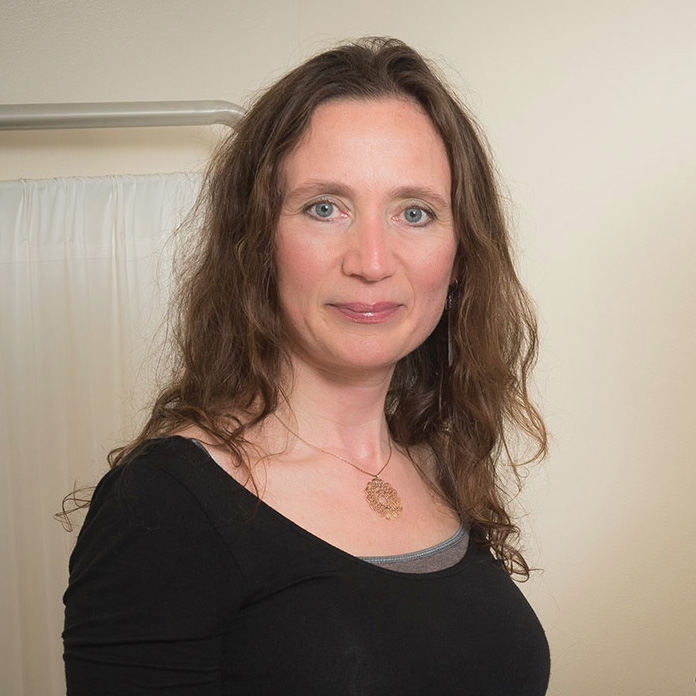
Dr. Patricia Defechereux lead's the HOPE Community activities as the HOPE Community Engagement Coordinator.
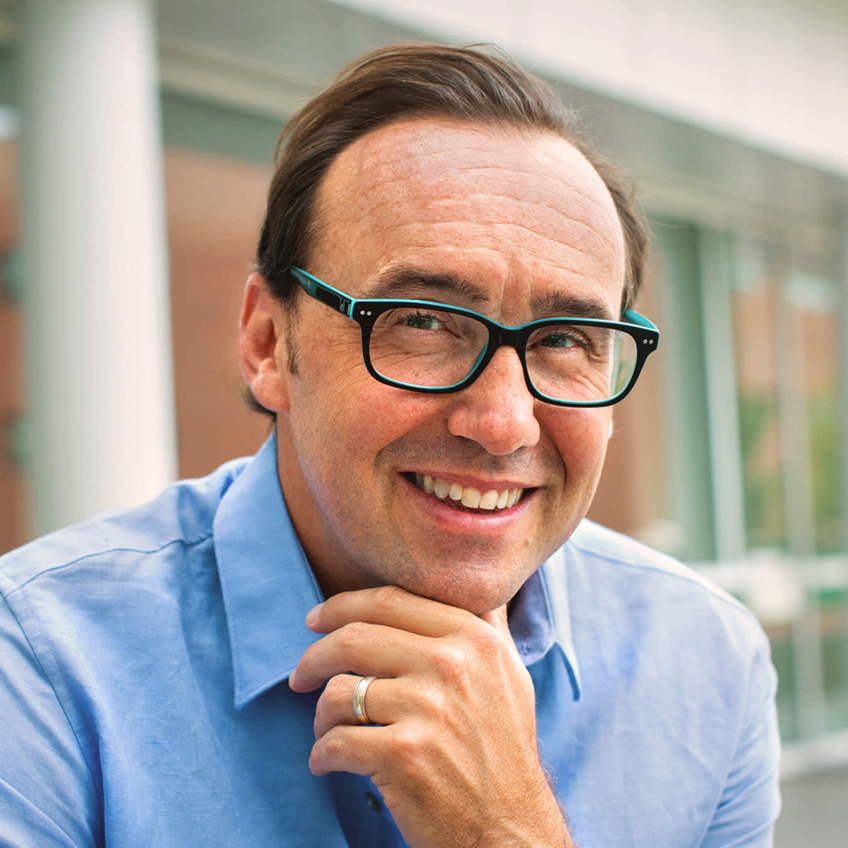
Our group will learn how T cells naturally silence endogenous retroviruses, which are ancient and permanent residents of our genome, to design new HIV repressors.
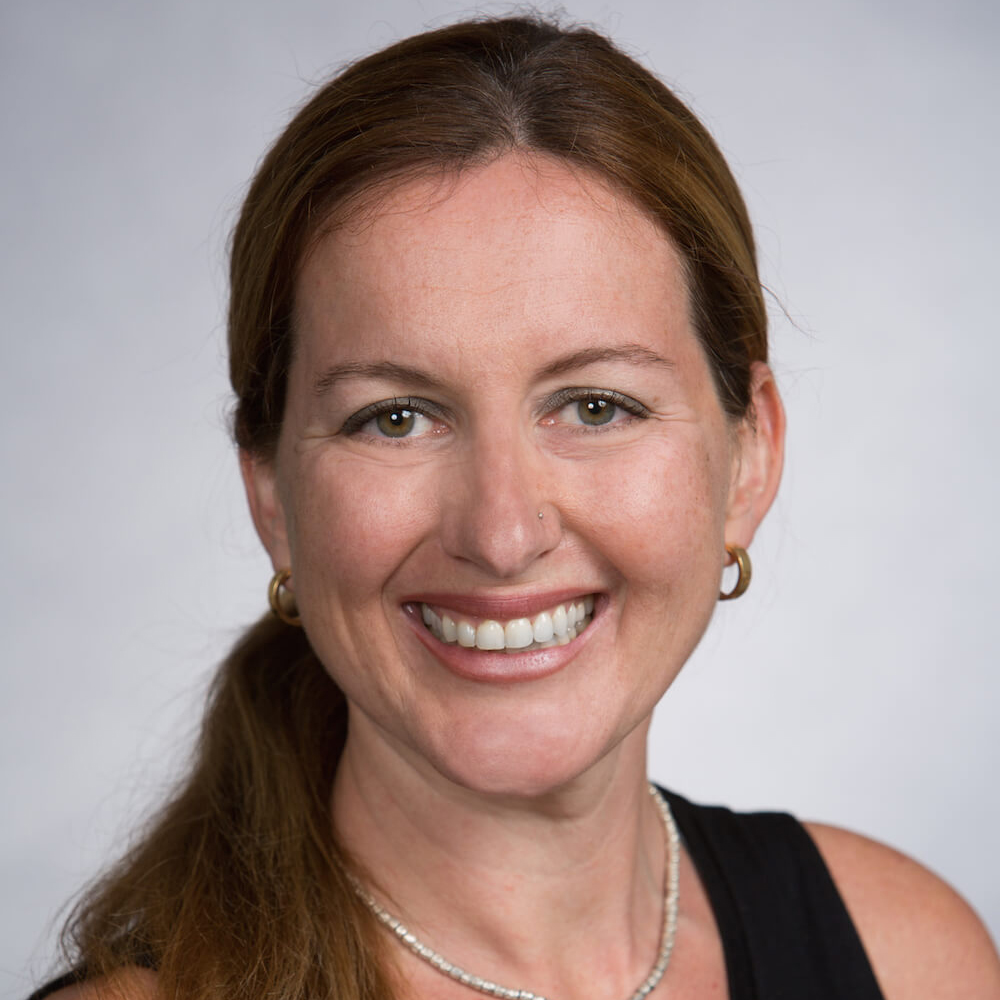
Dr. Gianella is the executive director of the Last Gift Study, and she oversees all procedures related to recruitment, outreach, participant enrollment, and follow up. She is involved in the development of the rapid research autopsy procedures and the creation of lab-based techniques to process blood and tissues in an effort to characterize HIV reservoirs.

Dr. Hauber works on developing a scalable cure for HIV using next generation genome editing methods.
Heinrich Pette Institute – Leibniz Institute for Experimental Virology
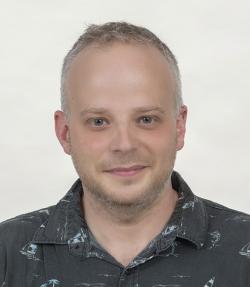
Dr. Parsons will supervise and coordinate the execution of NHP studies.
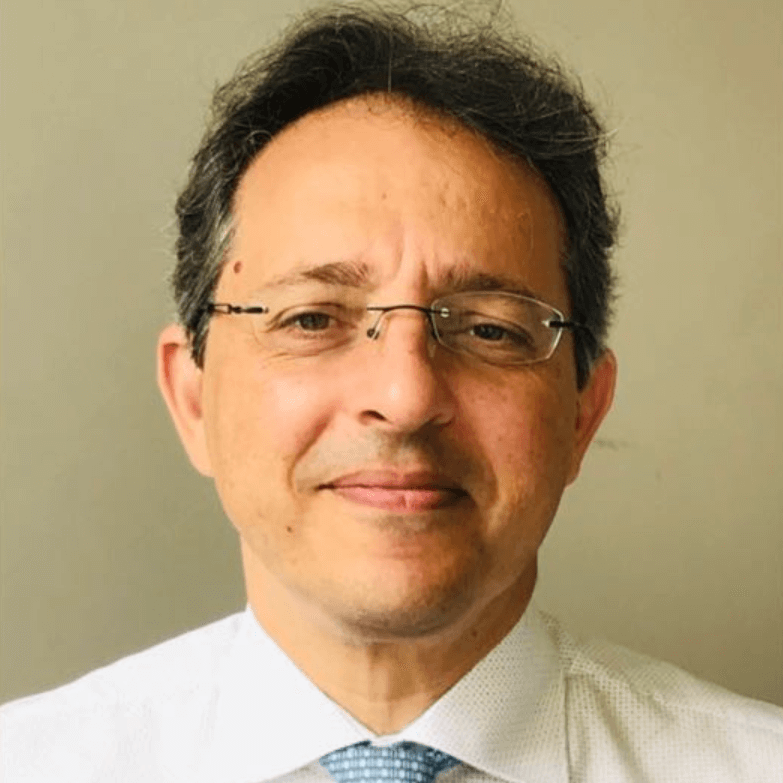
Dr. Kallas directs the clinical and community engagement efforts for the HOPE Collaboratory in Sao Paulo, Brazil.
University of Sao Paulo School of Medicine

Dr. Kibuuka brings tremendous clinical trials experience plus HIV cohort study leadership and as a co-investigator, she participates in all procedures related to recruitment, outreach, participant enrollment, and follow up.
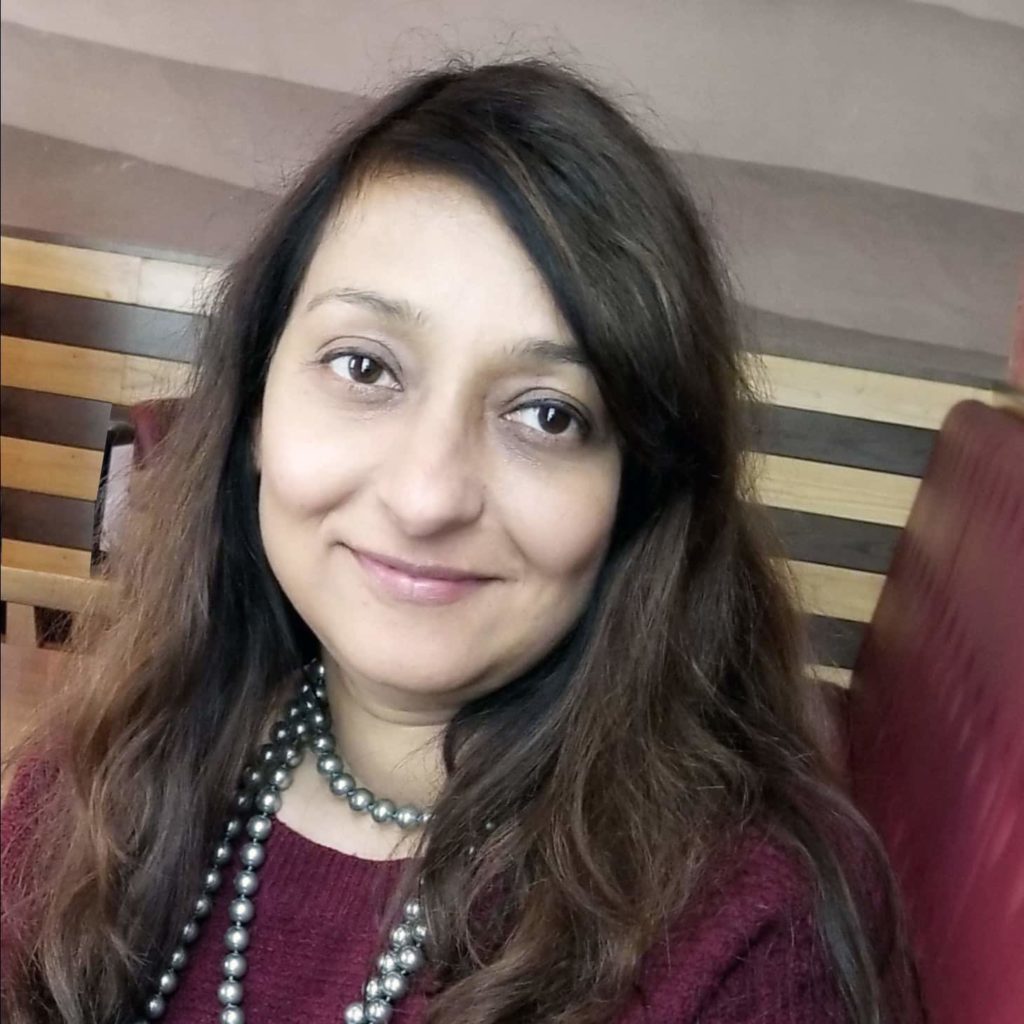
As part of HOPE, Dr. Kumar will direct a research program for targeting nucleic-acid editing/modifying molecules to HIV-infected cells for suppressing viral reactivation and excising provirus and direct studies in humanized mouse models of HIV infection and latency
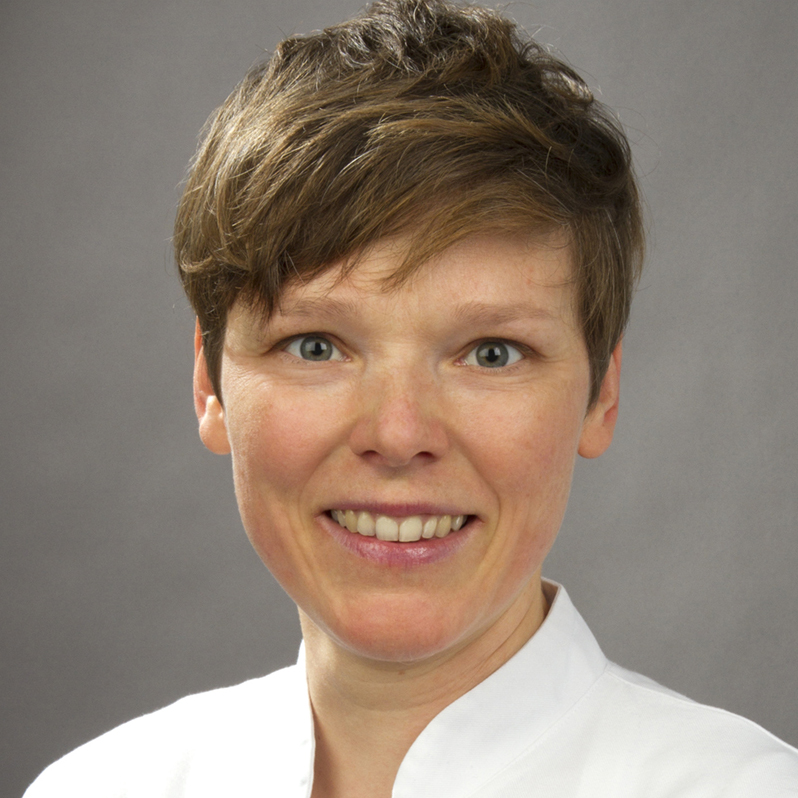
Dr. Lange contributes her expertise on chronic HIV infection to provide cellular models of clinical relevance to test newly developed therapeutic strategies developed in HOPE.
Leibniz Institute of Virology and University Medical Center Hamburg-Eppendorf
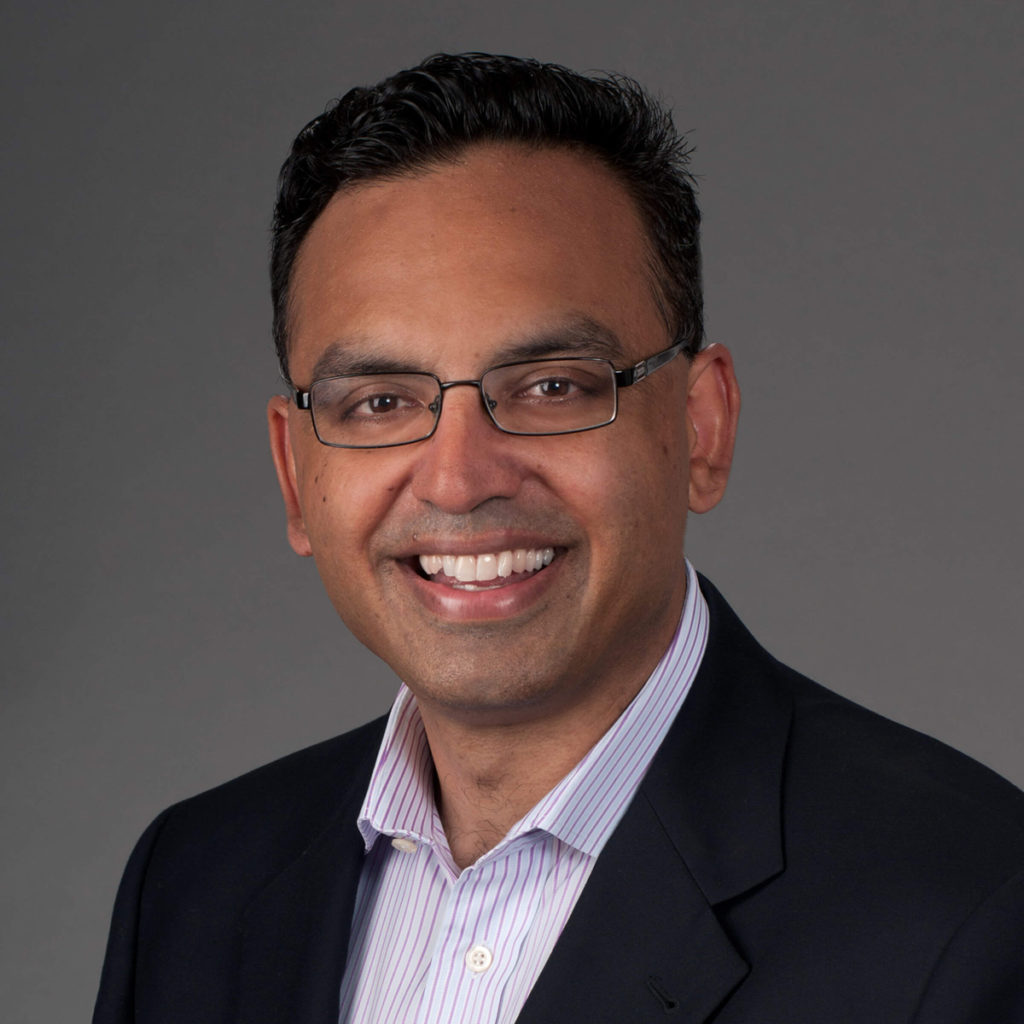
Dr. Murthy’s lab will be developing innovative ways for delivering genome editing enzymes to T cells.
The University of California at Berkeley and the Innovative Genomics Institute
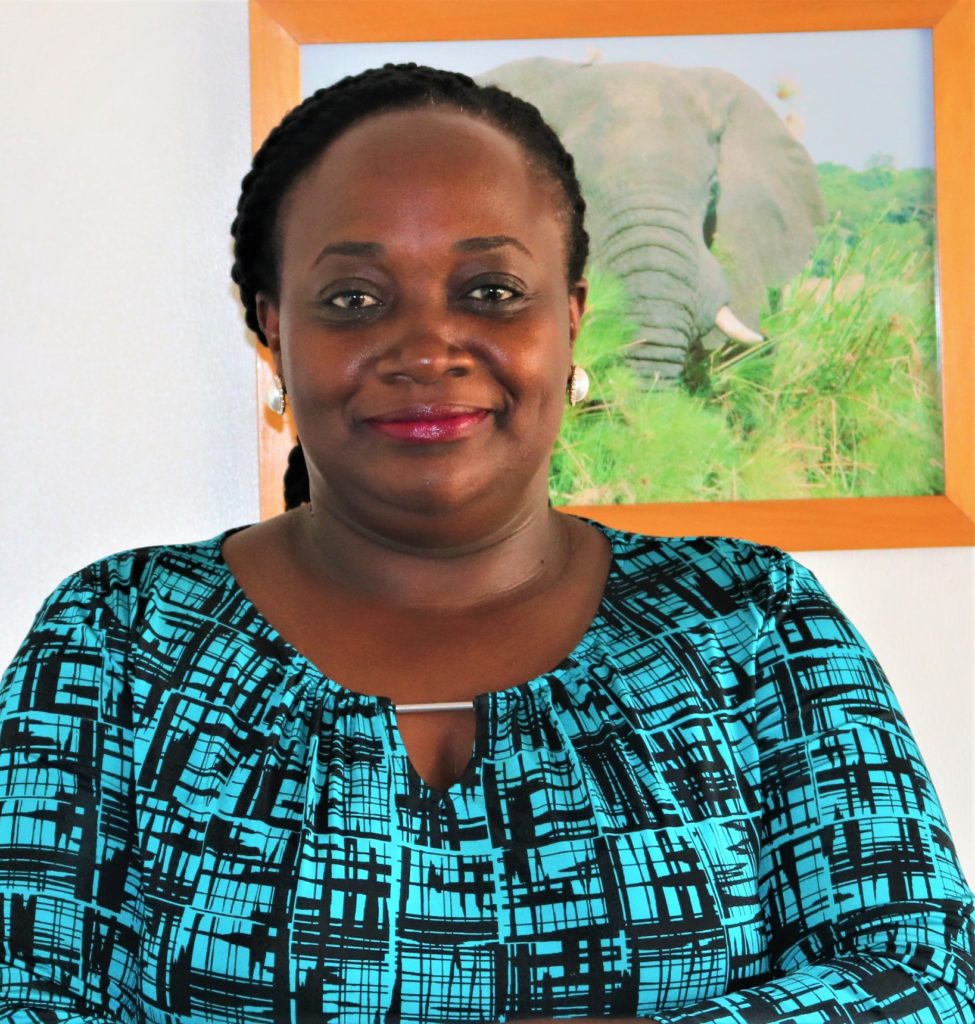
Dr. Mwesigwa is the site principal investigator for the MUWRP study that collects biospecimens for the characterization of HIV reservoirs in different body compartments and oversees all procedures related to recruitment, community outreach, participant enrollment, and follow up for the HOPE study.
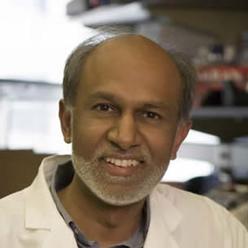
Dr. Nath will work on understanding the role of HIV in the brain and the effects of ‘block-lock-excise’ strategies on HIV in the brain.
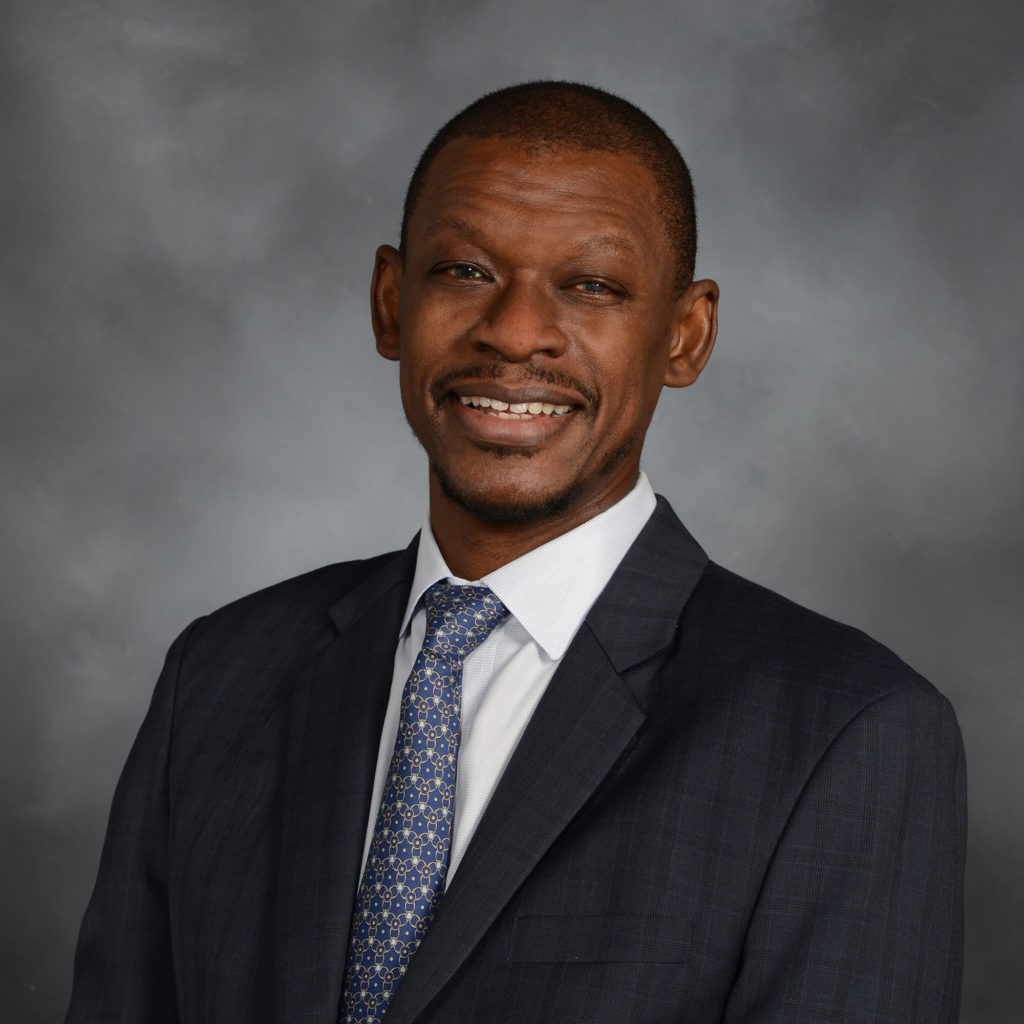
Dr. Ndhlovu research program is dedicated to confronting the challenges of HIV and aging using immuno-epigenetic approaches to resolve molecular mechanisms of HIV age related complications and viral persistence.
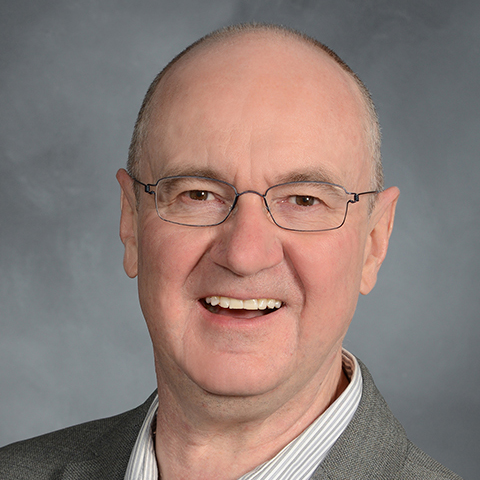
Dr. Nixon's group will be working closely with Cedric Feschotte and his team to learn how HERVs may give clues to locking HIV.
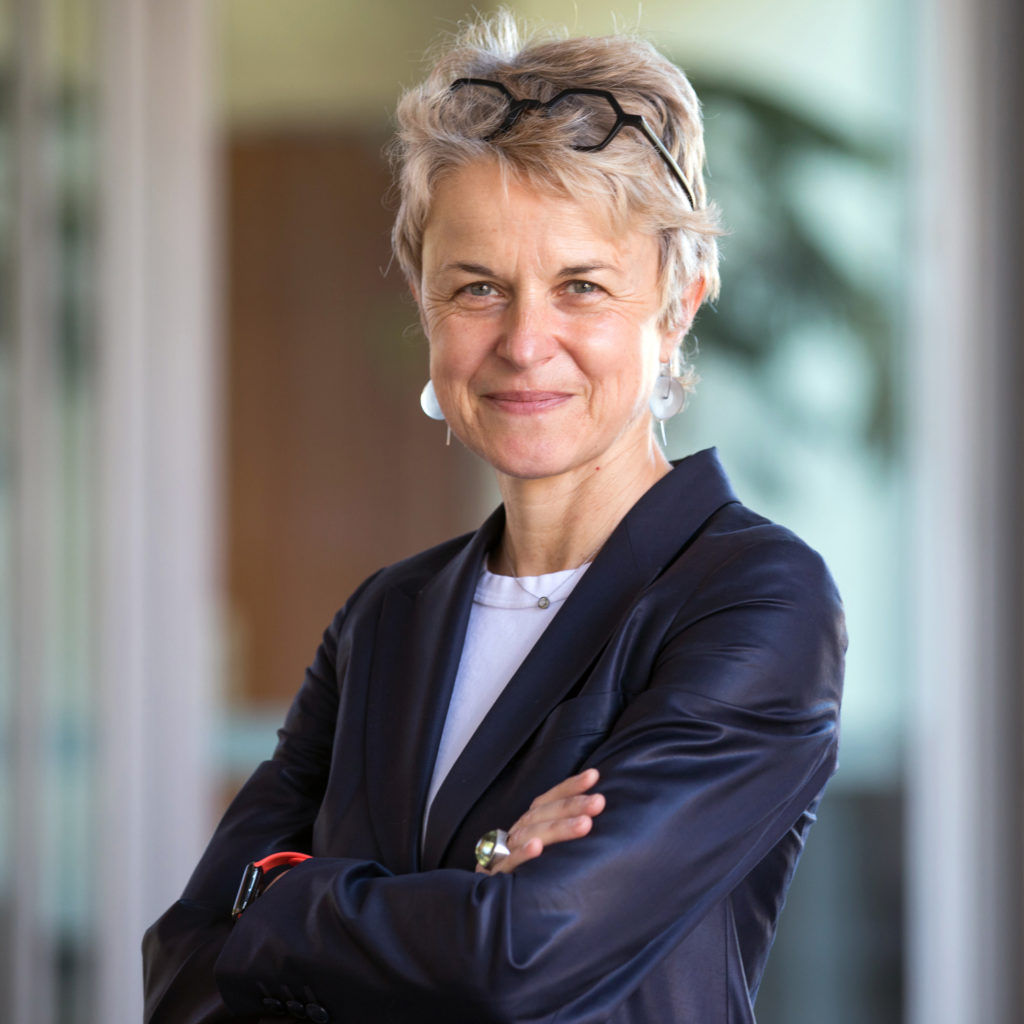
Dr. Ott is the Program Director for HOPE. Her work focuses on the role of reversible protein acetylation in HIV transcription and identifying molecular mechanisms controlling viral latency.
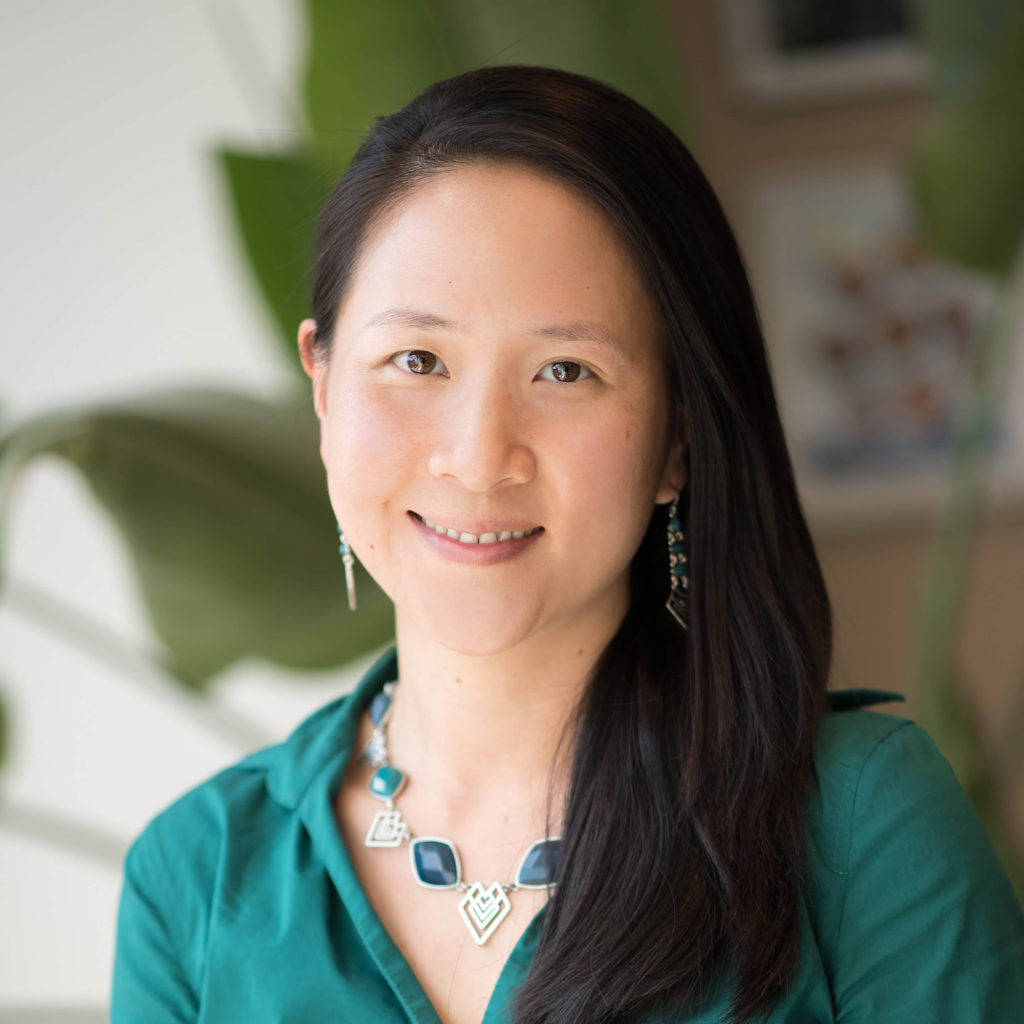
Dr. Roan will investigate the mechanisms underlying transcriptional silencing of the HIV provirus, and the host features that prevent “block and lock” after a variety of therapeutic interventions.
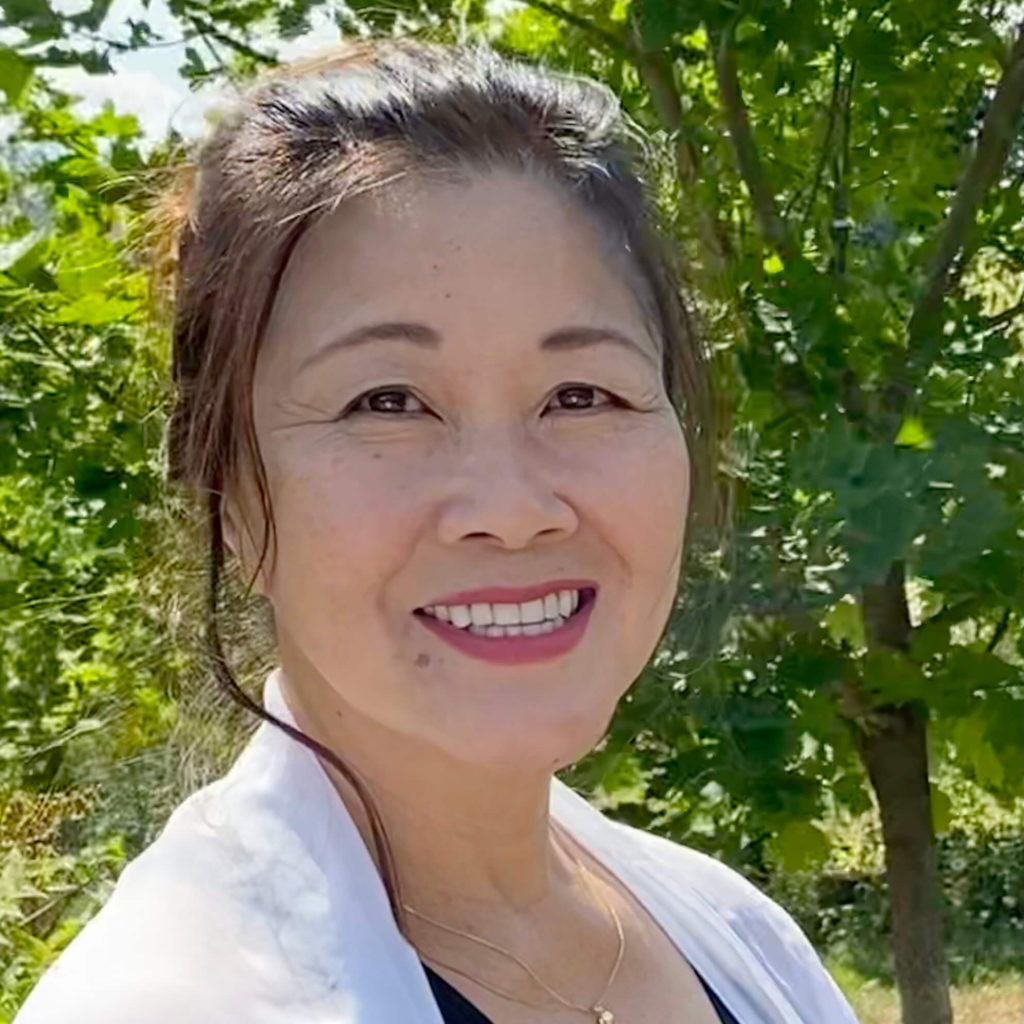
Dr. Sameshima will work on developing cure curriculum and education through community arts integrated research.
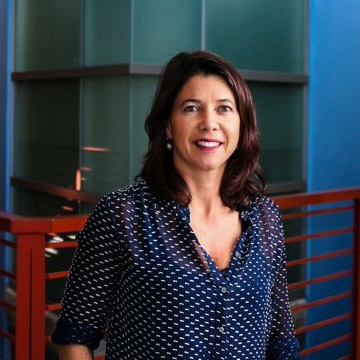
Dr. Valente’s research focuses on mechanisms that regulate HIV-1 latency in CD4+T memory T cells and development of antiviral molecules that suppress the latent reservoir.
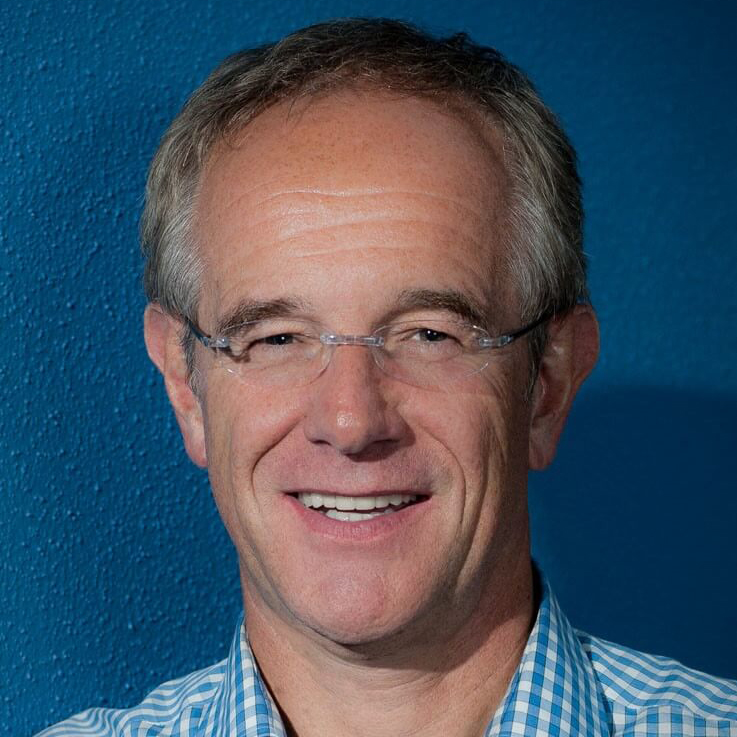
Dr. Verdin works to understand the roles that metabolism and aging have on HIV and how they can be targeted to lock HIV in latent state.
